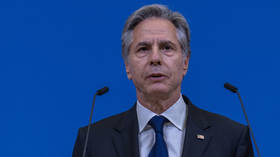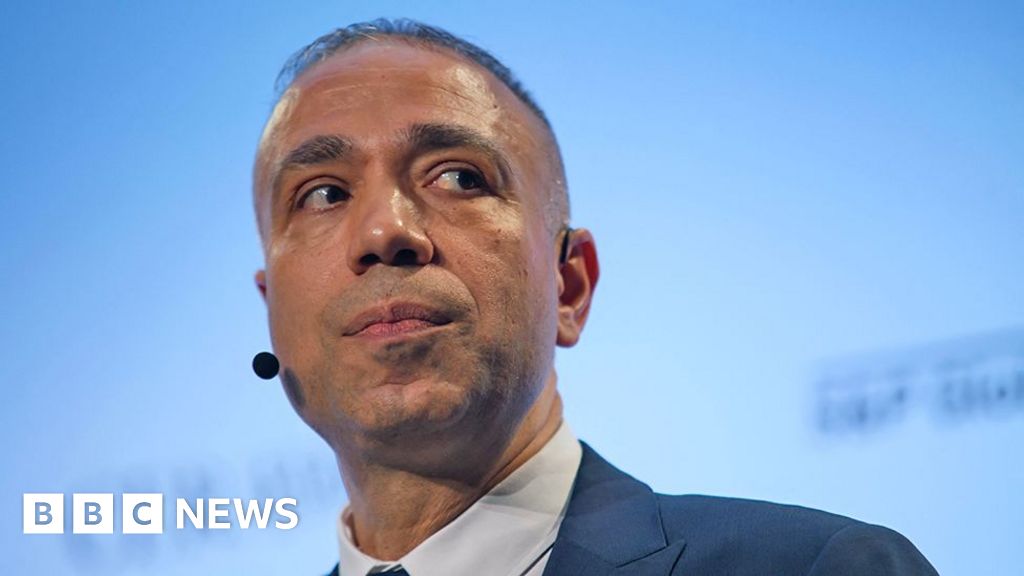International mediation efforts are reportedly being obstructed by the Jewish state’s offensive in Rafah
Israel’s offensive on Gaza’s southern city of Rafah has set ceasefire negotiations with Hamas “backward,” the prime minister of Qatar, Sheikh Mohammed bin Abdulrahman Al Thani, has said, adding that the talks had reached an impasse.
Qatar has for months been engaged in mediation between Israel and the Palestinian militant group Hamas, along with Egypt and the US.
On Tuesday morning, Israeli forces pushed deeper into eastern Rafah, reaching some residential districts. More than a million people have been taking refuge from the conflict in the city.
Speaking at the Qatar Economic Forum on Tuesday, Sheikh Mohammed said that recent weeks had seen “some momentum building,” but that “unfortunately things didn’t move in the right direction.”
“Right now, we are in a status of almost a stalemate,” he said.
The fundamental difference between the two parties, according to Sheikh Mohammed, was over when to release the captives held by Hamas.
“There is one party that wants to end the war and then talk about the hostages and there is another party who wants the hostages and wants to continue the war,” he said. “As long as there is not any commonality between those two things it won’t get us to a result.”
Last week, Hamas agreed to accept an Egyptian-Qatari ceasefire proposal, but Israel said the deal did not meet its core demands and that it would push ahead with a full-scale assault on Rafah.
Hamas’ move to accept the deal came hours after Israel ordered an evacuation of some 100,000 Palestinians from the eastern neighborhoods of Rafah, suggesting an invasion was imminent. The Israeli military insists Rafah is a Hamas stronghold and that it needs to attack the city to eliminate them.
About 450,000 people have left Rafah in recent days, according to the UN agency for Palestinian refugees UNRWA, which said that those fleeing “face constant exhaustion, hunger and fear.”
Sheikh Mohammed, who is also Qatar’s minister of foreign affairs, suggested that Israel appeared not to be considering an end to the war at all. “I don’t think that they are considering this as an option… even when we are talking about the deal and leading to a potential ceasefire,” he said.
“There is no clarity on what Gaza will look like after this,” he added.
Israel declared war on Hamas in Gaza following the militant group’s deadly October 7 incursion, which claimed over 1,100 lives and saw hundreds of Israelis taken hostage.
Over 35,000 Palestinians have been killed and 78,755 wounded as a result of Israeli’s subsequent offensive in Gaza, according to the health authorities of the enclave.

 5 months ago
26
5 months ago
26









